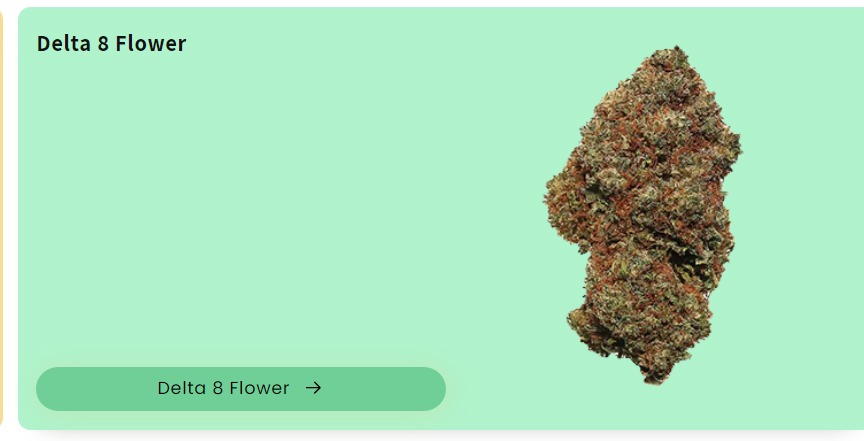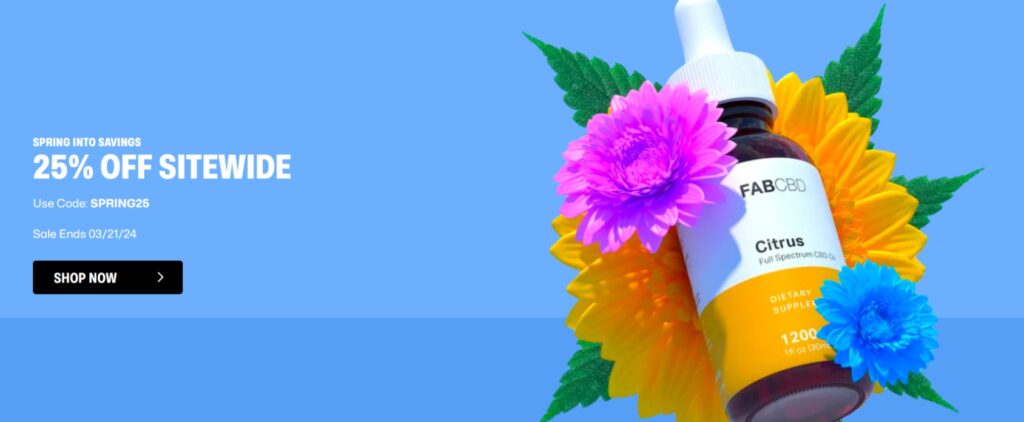Table of Content
The Ultimate Guide to Delta-8 and Delta-9 THC: Exploring the Differences, Benefits, and Legality.
Introduction:
In recent years, there has been a growing interest in cannabinoids beyond the well-known THC and CBD. Two of these lesser-known compounds are Delta-8 THC and Delta-9 THC. In this comprehensive guide, we will explore the differences between Delta-8 and Delta-9 THC, their potential benefits, legality, and how they differ from CBD.

What is Delta-8 THC?
Benefits of Delta-8 THC:
1. Improved Clarity:
Users of Delta-8 THC often report feeling more clear-headed and focused compared to the sometimes overwhelming high associated with Delta-9 THC.
2. Reduced Anxiety and Stress:
Delta-8 THC may have anxiolytic (anti-anxiety) properties that can help alleviate symptoms of stress and anxiety. Some users report feeling more relaxed and calm after consuming Delta-8 THC, without experiencing the intense psychoactive effects associated with Delta-9 THC.
2. Pain Relief:
Delta-8 THC has shown potential as a pain-relieving agent, with some users reporting relief from chronic pain, inflammation, and discomfort. It may interact with the body’s endocannabinoid system to modulate pain signals and reduce inflammation.
3. Appetite Stimulation:
Similar to Delta-9 THC, Delta-8 THC may stimulate appetite, making it beneficial for individuals experiencing appetite loss due to medical conditions or treatments like chemotherapy. It can help increase food intake and promote healthy eating habits.
4. Neuroprotective Effects:
Some studies suggest that Delta-8 THC may have neuroprotective properties, potentially offering protection against neurological disorders and cognitive decline. It may support brain health and function by reducing oxidative stress and inflammation in the brain.
5. Antiemetic Properties:
Delta-8 THC may act as an antiemetic, helping to reduce nausea and vomiting in individuals undergoing chemotherapy or experiencing gastrointestinal issues. It can provide relief from symptoms of nausea without the intense psychoactive effects of Delta-9 THC.
6. Improved Sleep:
Delta-8 THC may have sedative effects that can promote relaxation and improve sleep quality. Some users report experiencing deeper and more restful sleep after consuming Delta-8 THC, making it a potential option for individuals struggling with insomnia or sleep disturbances.
7. Legal Status:
Delta-8 THC is derived from hemp, making it legal under the 2018 Farm Bill as long as it contains less than 0.3% Delta-9 THC, providing consumers with a legal alternative to traditional THC products in states where cannabis is prohibited.
Drawbacks of Delta-8 THC:
Limited Availability:
1. Psychoactive Effects:
While Delta-8 THC is known for producing a milder high compared to Delta-9 THC, some individuals may still experience psychoactive effects such as altered perception, euphoria, or impaired coordination.
2. Dry Mouth:
Like other cannabinoids, Delta-8 THC may cause dry mouth, also known as “cottonmouth.” Staying hydrated and drinking water can help alleviate this common side effect.
3. Increased Heart Rate:
Delta-8 THC may lead to an increase in heart rate, which can be concerning for individuals with heart conditions or high blood pressure. It’s important to monitor your heart rate and seek medical advice if you experience any abnormalities.
4. Drowsiness or Fatigue:
Some users may experience drowsiness or fatigue after consuming Delta-8 THC, which can affect energy levels and cognitive function. Avoid driving or operating heavy machinery if you feel excessively tired.
5. Anxiety or Paranoia:
In some cases, Delta-8 THC may exacerbate feelings of anxiety or paranoia, especially in individuals prone to these conditions. If you have a history of anxiety disorders, it’s essential to use Delta-8 THC cautiously and seek professional guidance if needed.
What is Delta-9 THC?
Delta-9 THC is the most well-known and abundant cannabinoid in the cannabis plant. It is responsible for the psychoactive effects commonly associated with marijuana use. Delta-9 THC binds to the CB1 receptors in the brain and nervous system, leading to the euphoric and intoxicating effects that users experience.
Discovery and Isolation:
Delta-9 THC, the primary psychoactive compound in cannabis, was first isolated and identified by Israeli chemist Raphael Mechoulam and his colleagues in the 1960s. This groundbreaking discovery paved the way for further research into the effects and properties of THC.
Benefits of Delta-9 THC:
1. Strong Psychoactive Effects:
Delta-9 THC is known for its powerful psychoactive effects, providing users with a euphoric high that is sought after by recreational cannabis users.
2. Potential Therapeutic Benefits:
Delta-9 THC has been studied for its potential anti-inflammatory, pain-relieving, and appetite-stimulating properties, making it a valuable option for individuals with chronic health conditions.
3. Availability:
Delta-9 THC products are widely available in states where cannabis is legal, offering consumers a variety of options for consumption.
Drawbacks of Delta-9 THC:
1. Legal Restrictions
Delta-9 THC remains illegal in many states and is subject to strict regulations, making it challenging for consumers to access products containing this compound in certain regions.
2. Intensity of Effects
The strong psychoactive effects of Delta-9 THC may be overwhelming for some users, leading to potential side effects such as anxiety, paranoia, and impaired coordination.
Differences Between Delta-8 and Delta-9 THC:
1. Psychoactive Effects:
Delta-8 THC is reported to have milder psychoactive effects compared to Delta-9 THC, making it a more attractive option for those looking for a less intense high.
2. Legality:
Delta-8 THC is legal at the federal level under the 2018 Farm Bill, while Delta-9 THC remains illegal in many states.
Conclusion:
Delta-8 and Delta-9 THC offer unique benefits and drawbacks, allowing consumers to choose the cannabinoid that best suits their needs and preferences. While Delta-8 THC may provide a milder and more manageable high with potential therapeutic benefits, Delta-9 THC offers a stronger psychoactive experience and broader availability in legalized states. It is essential for individuals to consider their tolerance levels, desired effects, and legal regulations when selecting between these two cannabinoids. Ultimately, consulting with a healthcare professional or cannabis specialist can help individuals make an informed decision about incorporating Delta-8 or Delta-9 THC into their wellness routine.










